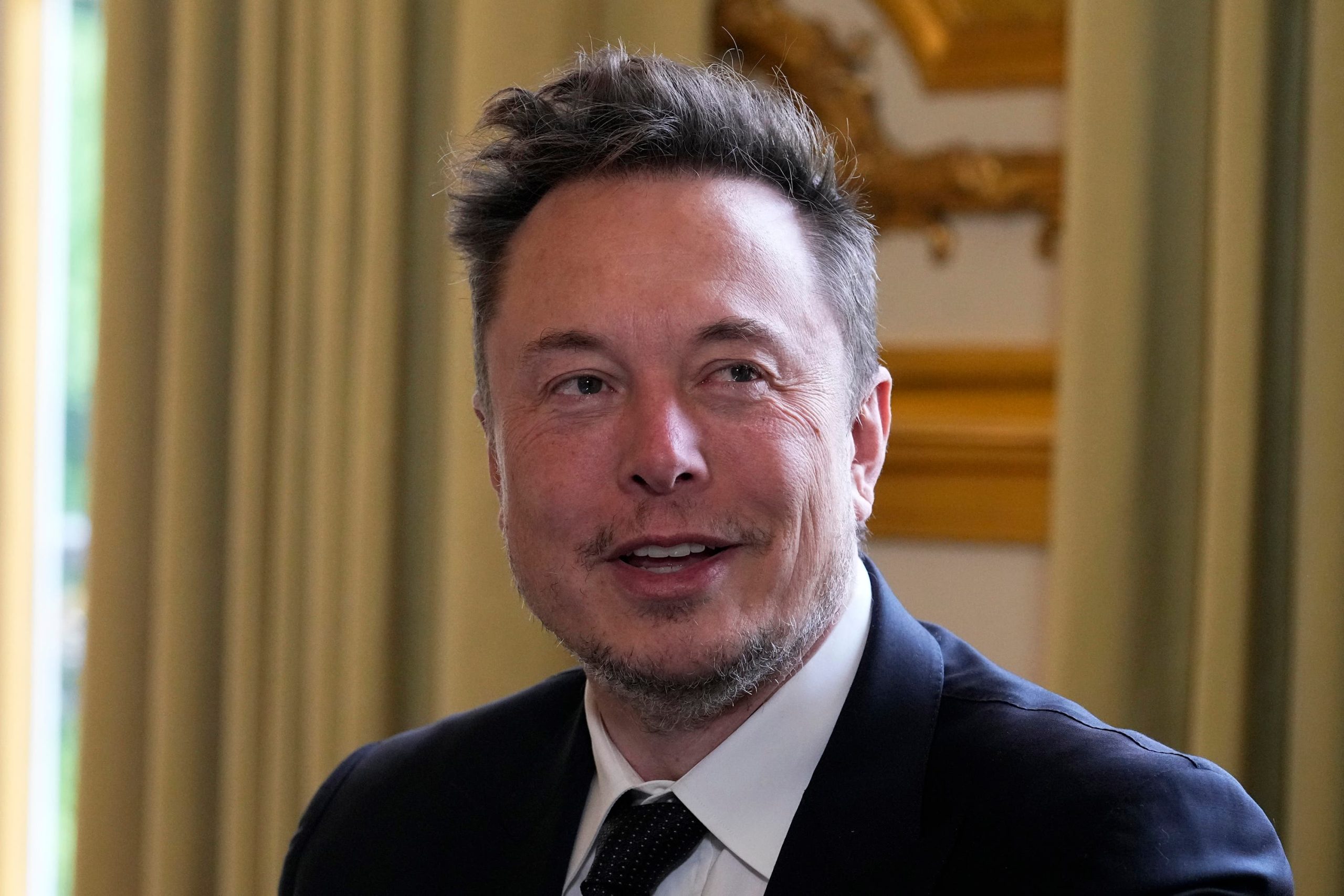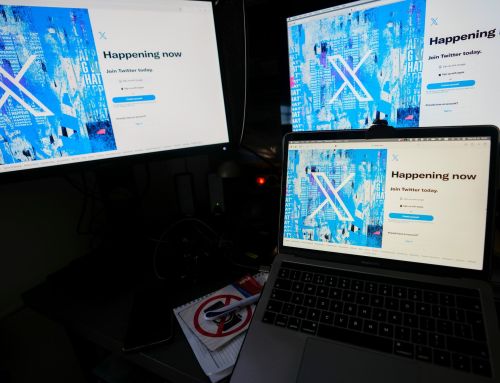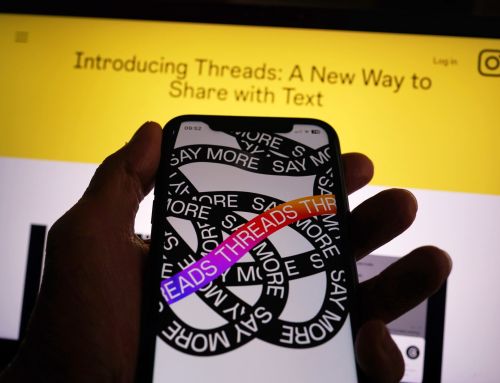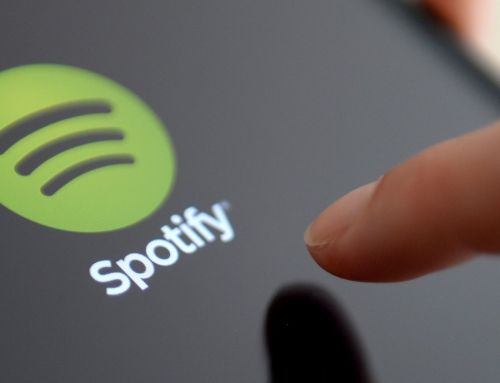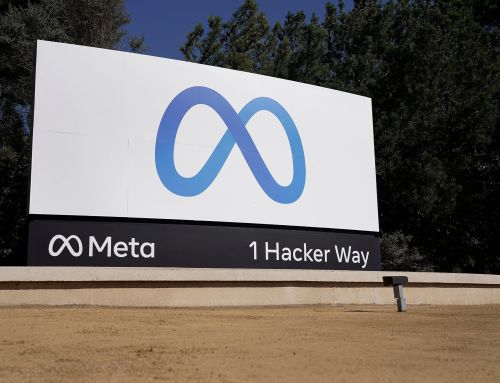A top European Union official has said the social network X, formerly known as Twitter, is the biggest source of fake news and urged owner Elon Musk to comply with the bloc’s laws aimed at combating disinformation.
Ahead of upcoming elections, Google, TikTok, Microsoft and Meta also have more to do to tackle disinformation, much of it coming from Russia, which is using social media to wage a “war of ideas” against democracy, European Commission vice president Vera Jourova said.
Moscow’s disinformation operation “is a multimillion-euro weapon of mass manipulation aimed both internally at the Russians as well as at Europeans and the rest of the world”, she said at a press briefing in Brussels.
With elections scheduled in Slovakia and Poland in the coming weeks and a bloc-wide vote next year, big online platforms must address the risk of online meddling, she said.
The Kremlin and other malicious actors “will try to use the design features of the platforms to manipulate”, Jourova said.
She was providing an update on the 27-nation EU’s 2022 Code of Practice on Disinformation. Google, TikTok, Microsoft and Facebook and Instagram parent Meta signed up to the voluntary code last year, but Twitter dropped out after Musk bought the platform.
X is “the platform with the largest ratio of mis- or disinformation posts”, Ms Jourova said.
An email to the company’s press team seeking comment resulted in an automatically generated reply that said, “Busy now, please check back later.”
The European Commission, the EU’s executive arm, released a study of six online platforms in Poland, Slovakia and Spain that found Twitter had the highest prevalence of disinformation and biggest ratio of disinformation actors.
“Twitter has the highest discoverability” of disinformation, the report said.
Ms Jourova warned Mr Musk that “he is not off the hook” just because his company dropped out of the code.

The code has been incorporated into a strict new set of mandatory European regulations known as the Digital Services Act, which subjects the biggest online platforms, including X, to the highest level of scrutiny.
“There are obligations given by the hard law, so my message for Twitter is: You have to comply with the hard law, and we will be watching what you are doing,” she said.
Under the code, online platforms agree to commit to measures aimed at reducing disinformation and have to file reports on a regular basis.
After submitting “baseline” reports, their first six-month reports outlining how they are living up to those promises were released on Tuesday.
